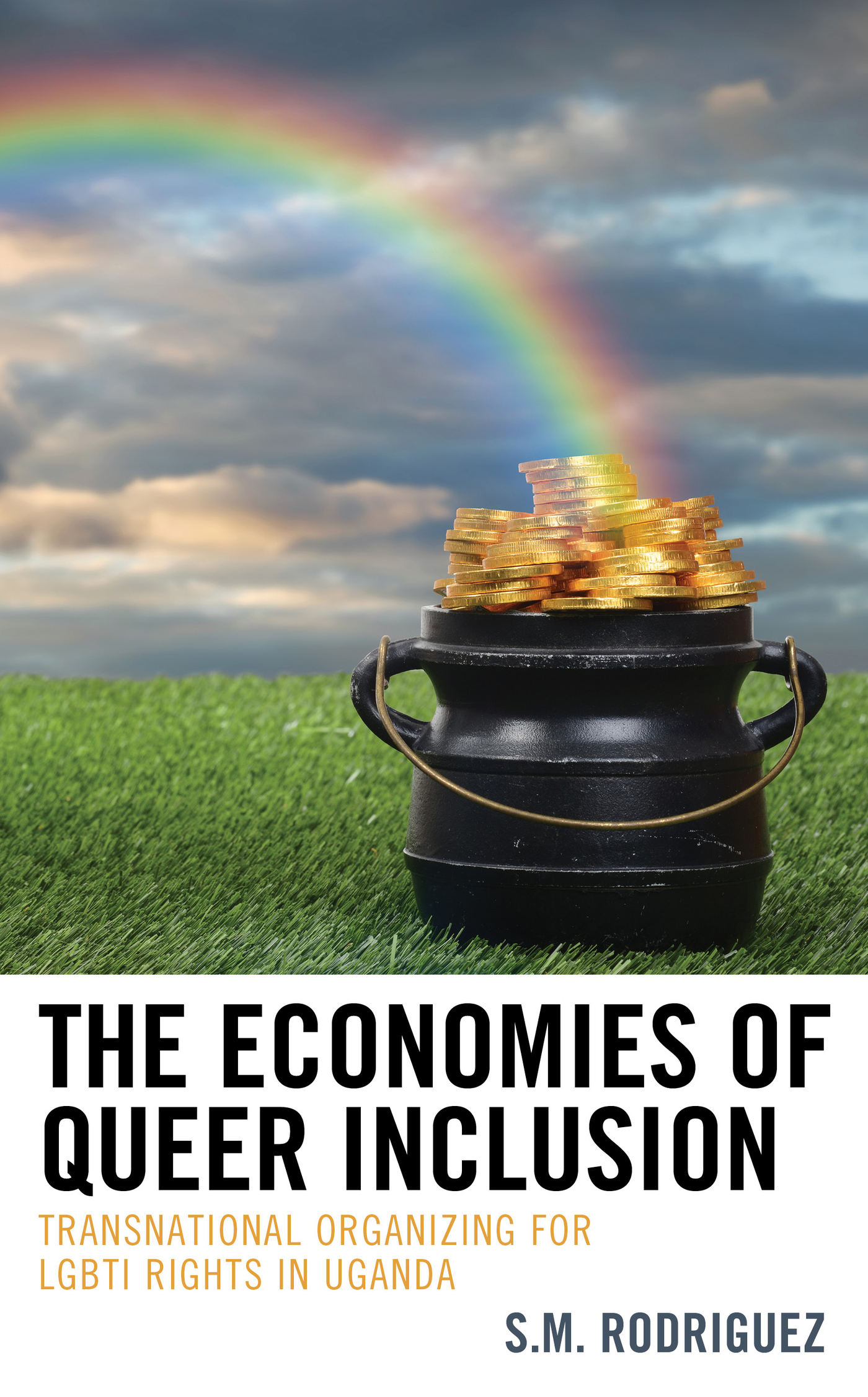The Economies of
Queer Inclusion
The Economies of
Queer Inclusion
Transnational Organizing for
LGBTI Rights in Uganda
By S.M. Rodriguez
LEXINGTON BOOKS
Lanham Boulder New York London
Published by Lexington Books
An imprint of The Rowman & Littlefield Publishing Group, Inc.
4501 Forbes Boulevard, Suite 200, Lanham, Maryland 20706
www.rowman.com
6 Tinworth Street, London SE11 5AL
Copyright 2019 by The Rowman & Littlefield Publishing Group, Inc.
An earlier version of chapter 1 appears in the journal, Comparative Sociology, volume 16, issue 3.
All rights reserved. No part of this book may be reproduced in any form or by any electronic or mechanical means, including information storage and retrieval systems, without written permission from the publisher, except by a reviewer who may quote passages in a review.
British Library Cataloguing in Publication Information Available
Library of Congress Cataloging-in-Publication Data
Names: Rodriguez, S.M., author.
Title: The economies of queer inclusion : transnational organizing for LGTBI rights in Uganda / S.M. Rodriguez.
Description: Lanham, Maryland : Lexington Books, 2019. | Includes bibliographical references and index.
Identifiers: LCCN 2018048499 (print) | LCCN 2018052769 (ebook) | ISBN 9781498581721 (electronic) | ISBN 9781498581714 (cloth : alk. paper)
Subjects: LCSH: Gay liberation movement--Uganda. | Gay liberation movement--Uganda--International cooperation. | Gay rights--Uganda. | Gays--Legal status, laws, etc.--Uganda. | Gay activists--Uganda.
Classification: LCC HQ76.8.U33 (ebook) | LCC HQ76.8.U33 R63 2019 (print) | DDC 306.76/6096761--dc23
LC record available at https://lccn.loc.gov/2018048499
 TM The paper used in this publication meets the minimum requirements of American National Standard for Information Sciences Permanence of Paper for Printed Library Materials, ANSI/NISO Z39.48-1992.
TM The paper used in this publication meets the minimum requirements of American National Standard for Information Sciences Permanence of Paper for Printed Library Materials, ANSI/NISO Z39.48-1992.
Printed in the United States of America
Preface
Considering a Methodology of Connection
Arent you terrified? Dont you fear for your life when you go out there?
A few people, people who love me, sincerely ask this question before, around, and after my trips to Kampala, Uganda. The question is typically followed by an earnest reminder youre gay. Theyre persecuting gays.
At first, I wasnt sure how to handle this interaction. In 2013, shortly before I went to Uganda that June, this question came up again and again: people who cared brought it up (often only one time per person, but since there are a few of them, I felt like I had to answer this every day for the month leading up to my trip).
Each iteration added shape to my response. The asker mattered at first; whether they were white or not, male or female, older or younger, straight or not, etc. Eventually, however, I realized that certain groups of my friends and loved ones didnt ask this at all. That it didnt even occur to them. But before I get into the whom and whys, Ill write my standard answer:
Yes, I am gay. Im also Black. Im also read as a woman. Im also young (often read as a minor). There is not a day in my [then] 25 years that I havent feared for my life because of my identity.
I grew up Black in white supremacist territory in rural Florida, where the combination of property and gun rights trump my right to live. I was born and later returned, a queer woman, to New York City, where violence against and murder of trans and queer women occur regularly. Our anti-black justice systemthe law and the enforcerstargets me, my family, my closest friends everyday. Vigilantes target me, my family, my closest friends every day. It never occurred to me to be extra afraid about spending time in Kampala. If anything, I thought perhaps I could finally take my skin off. (This didnt happen, but I anticipated it.)
It is mostly those who havent had more than one axis of oppression who ask this. And only one axis of oppression is what I consider a privilege. Straight white women, white LGBTQ men, and straight black men astounded me with their concern. My puzzlement, in turn, was always unexpected. We had an unmistakable disconnection. Didnt you realize my life was in danger when I traveled to your office, favourite restaurant, neighborhood? When the police at Jay Street-Metrotech stopped me as I threw my trash into the waste receptacle?
With some, particularly with an uncle of mine, I took the time to remind of connection. Do you fear for your life in this country, as a Black immigrant man? When you walk into your all-white workspace, in the middle of opulent NYC, do you fear anti-black violence and harassment that comes along with being seen as a trespasser? He remembered and nodded. To be Black in this world is to live with terror, whether you are in the poorest nation or the richest. The option is slow death or a meaningless one, but regardless Black death is largely discounted.
In New York, I fear for my life and bodily integrity when I walk home. When I hear a knock on the door. When cops see me. When people question my gender performativity. In Florida, I fear for my life when I pass by land that has hand-painted no entry signs, even when theyre public. I fear for my life when I pass the unpaved roads that lead into woods. I fear for my life when the sheriffs deputies follow me. There were many Daniel Holtzclaws before that name meant anything to anyone: white police who abuse black women with impunity, because black women, in particular are framed as not perfect victims, not credible and in other words, deserving. And these Holtzclaws are scattered throughout this country. They were the boogieman of my youth; lessons about not driving at night, or having a phone on if a police car tails mine on a dark or quiet street.
These experiences inspire my conversation about methodology. I aspired to and eventually practiced what I consider a methodology of connection. This methodology informed the way I approached my participation, observation, and engagement with queer and nonqueer communities in Uganda and New York City. Recognition of this embeddedness was crucial if my aim were to combat what I understood as a fundamental disconnect between Western social analysts, actors, and activists and Ugandan analysts, actors, and activists.
How I entered the research
I began my research in 2010, shortly after the October 2009 proposal of the Anti-Homosexuality Bill. As I read the (dreaded) comments sections on article after article, saw exchanges on social media newsfeeds, and engaged in conversations with Americans about the proposed legislation in Uganda, I became more and more agitated by the xenophobia and absence of desire to understand: the disconnection. A truly horrific number of people dismissed the proposal as evidence of a natural, Africanhomophobia; a reiteration of the black savagery they had already come to expect. In the same vein of what Amar Wahab terms the Jamaicanization of homophobia in Canada (2016), there is an active construction of certain racialized groups as the embodiment of homophobia; that it is not the political residue of historical processes of Western colonialism and nation-state building, but an inborn flaw of backwards (Black) peoples. Homophobia is viewed myopically, as a behavior, rather than an institution created by and for nation-states, supported by individual attitudes. When stepping back from the viewpoint, one can see that the anti-gay attitudes espoused in Uganda are neither unique nor new; that although they developed in a particular political moment, the attitudes have more connections than disconnections to other anti-gay mobilizations.
Next page
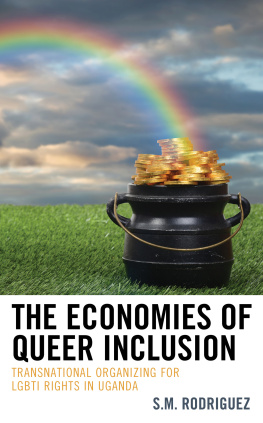

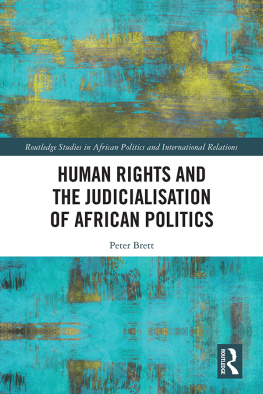
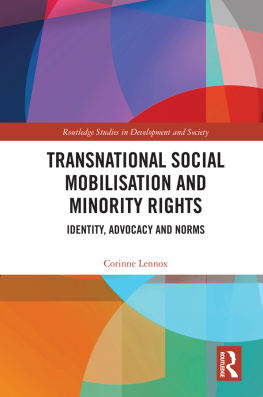
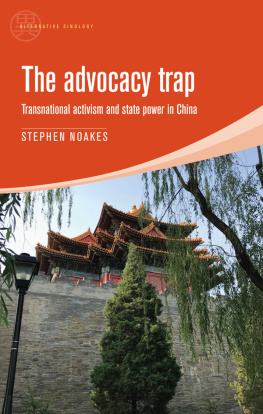
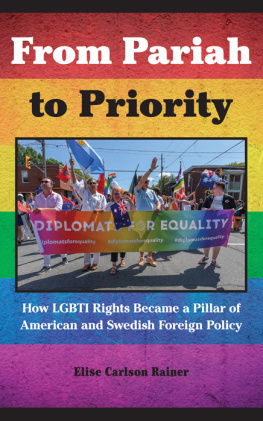
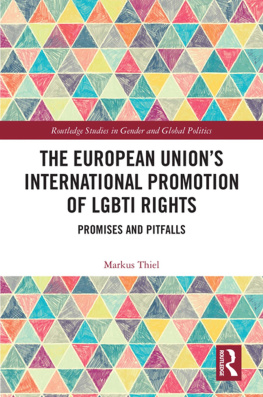
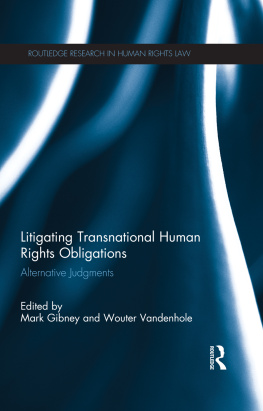
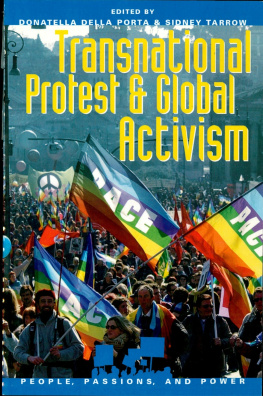
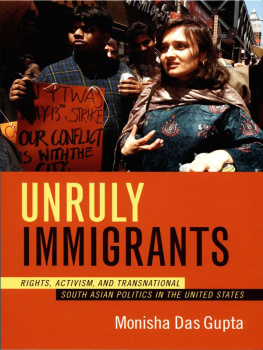
 TM The paper used in this publication meets the minimum requirements of American National Standard for Information Sciences Permanence of Paper for Printed Library Materials, ANSI/NISO Z39.48-1992.
TM The paper used in this publication meets the minimum requirements of American National Standard for Information Sciences Permanence of Paper for Printed Library Materials, ANSI/NISO Z39.48-1992.